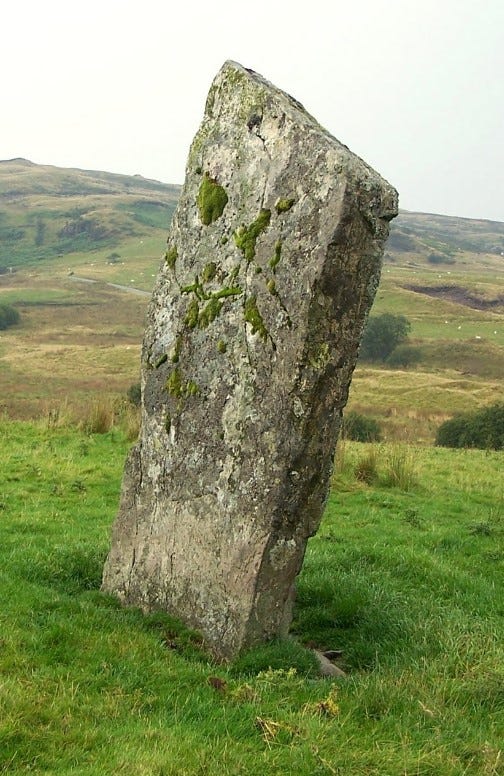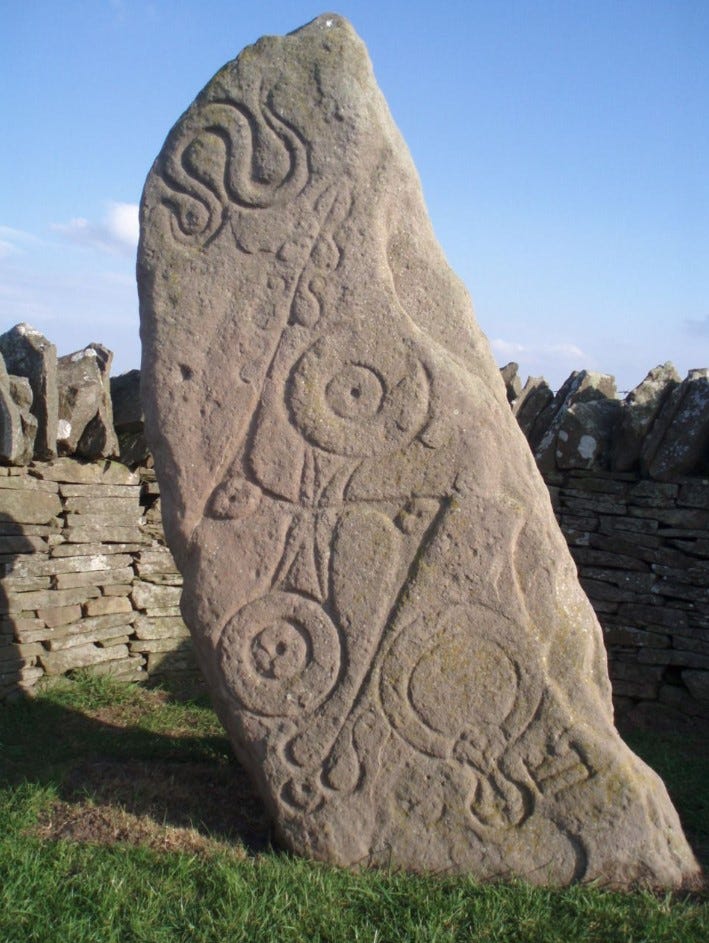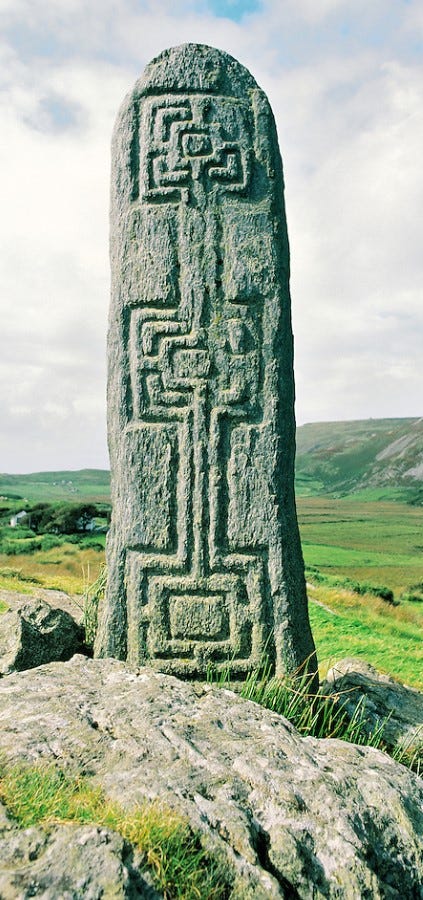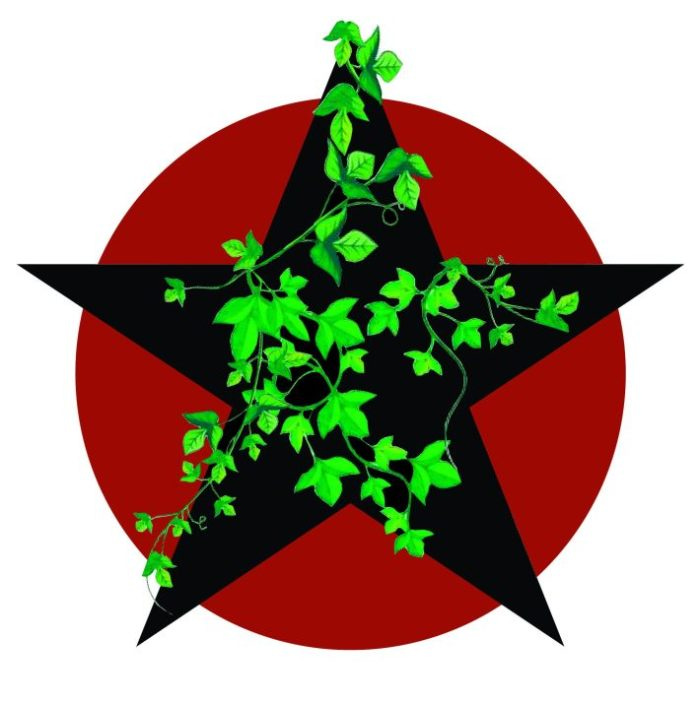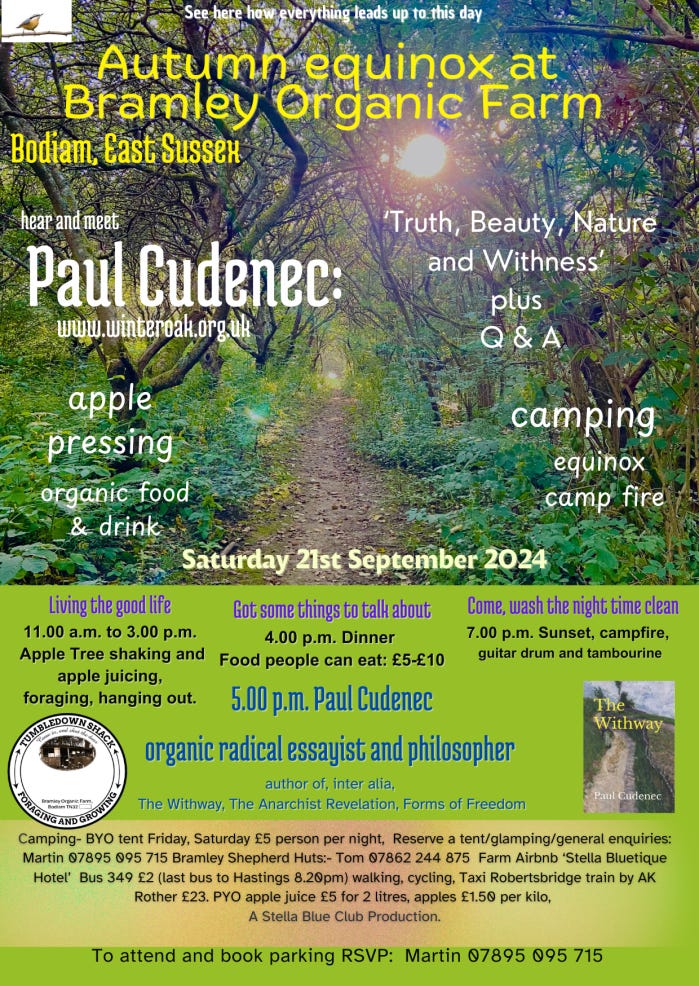I use the word “authentic” quite a lot in my writing: it describes, for me, an essential quality that is at the heart of everything I consider good.
Like many adjectives, it means slightly different things in different contexts, but its most obvious use is as a synonym of “genuine”.
Its opposite, in this case, would be “fake” or “false” and so we might conclude that “authentic” relates mainly to veracity, to truth.
But there is more to it than that. If, for example, I bought some “farmhouse cider” and later discovered that it was produced in a large factory on an industrial estate next to the motorway, I might judge that this was not authentic “farmhouse cider”.
However, what if the product was truthfully named “cider produced in a large factory on an industrial estate next to the motorway”?
Would that surprising veracity mean that the product was now authentic?
Not for me, no – so my understanding of authenticity evidently goes deeper than the truthfulness, or not, of the label attached to something.
It reaches, in fact, into that something’s origins, the source from which it has emerged.
An authentic folk culture, for instance, would be one that had been handed down from generation to generation and which, while it might have changed a little over the decades, represented an obvious continuity from the past.
Its opposite, a fake folk culture, would be one that had been cobbled together by the local tourist industry to attract visitors and sell trashy souvenirs.
While describing this pastiche version as real folk culture would obviously be deceptive, the actual core inauthenticity derives not from that deception but from the origin – the essence – of that so-called culture.
My dictionary tells me that “authentic” comes from the Late Latin authenticus, which in turn came from the Green authentikos, from authentes, meaning one who acts independently.
This provides an interesting insight into the spread of meanings associated with the word today. I would say that these are “trustworthy”, “first-hand”, “just” and “natural” – with the opposite concepts being “untrustworthy”, “second-hand”, “unjust” and “artificial”.
That set of negative qualities seems to me to very much describe the world we live in today, a world that is far from being authentic.
There is certainly no place in this society for “one who acts independently”: laws, restraints and obligations are imposed on us from the outside by a system that has deliberately made us completely dependent on it.
And much of our contemporary culture is every bit as inauthentic as the fake folk culture manufactured by the tourism industry.
This is because everything in our society has to serve the hunger of one sole god – Mammon.
Value has been replaced by price, creation by consumption, quality by quantity.
And, while some kind of weakness in the human mind must have allowed this situation to come about, it is certainly not due to a positive desire of the majority to live this way – it is not because we generally and instinctively regard material wealth and power as the most important elements of our being.
Far from it. Many people are screaming out against the hollowness, the ugliness, the hopelessness, of this society in which we are trapped and are yearning for a different kind of world.
This industrial society is not authentic, because its roots are not in our hearts, in our dreams, in the archetypal tendencies and desires that stir our blood and guide our tastes and preferences.
It is not authentic because it does not form part of the beautiful becoming of the cosmos, the harmonious symbiosis of all the living parts of the Whole.
It is, rather, an aberration – a civilisational wrong turn that has led to the construction of a massive prison-system, a world-occupying and increasingly “inclusive” work camp designed to extract wealth from enslaved peoples and from a violated Mother Earth.
We all know who the slave-masters are. They are the psychopaths who have built a global empire based on war, crime, slavery, drugs, plunder, usury, blackmail and deceit.
They are a tiny group, with a twisted, callous, life-hating outlook, who have somehow managed to get a stranglehold on the whole of humankind.
There is nothing they despise more than the notion of authenticity, which describes everything they are not.
It has much the same effect on them as a clove of garlic waved under the nose of a vampire!
They are afraid of people who act independently, who are genuine, natural and committed to justice.
They are even afraid of people who think in those terms rather than obediently adopting the anti-values of their rancid reign of quantity, those who understand that authenticity is the quality of belonging to the natural order which they have overturned and whose past and potential existence they deny.
This is why I think we need to adopt the value of authenticity as a pillar of our philosophy of resistance and renewal.
We need to speak again its good old language, shout out loud the words the slave-masters would rather we forgot.
Let’s call for magic and for mystery, for spirit and for soul!
Let’s share tales of our ancestors, our folklore, our myths and our dreaming!
Let’s talk once more about essence, instinct, intuition and the inborn!
Let’s cry out our love of truth and beauty, of honesty and humanity, of wisdom and withness!
Let’s sing the praises of the natural and the organic, the rooted and the real!
Let’s declare ourselves to be partisans for life itself and for the victory of its affirming authenticity over the grim grey forces of artifice and death!
Source: https://paulcudenec.substack.com/p/authenticity-a-quality-to-defeat
Article courtesy of Paul Cudenac. https://paulcudenec.substack.com/

